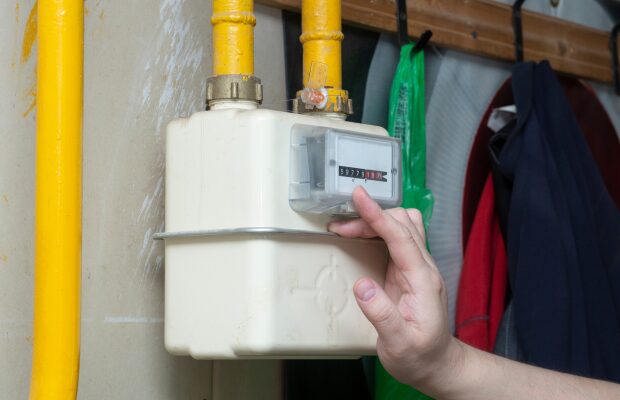When you rent a property in the UK, you have certain rights as a tenant.
Because each country in the UK draws up its own rules and regulations when it comes to privately rented properties, exactly what your rights are will largely depend on where you’re renting.
But there are also many tenant rights that are UK-wide, regardless of which country you are renting a home in.
What a landlord cannot do
When you rent a property in the UK, your landlord cannot:
- Enter the property without your permission
- Contact you excessively
- Change the property’s locks
- Discriminate against you
- Refuse to make repairs
- Fail to place your deposit in a protection scheme
- Increase the rent during your fixed term tenancy agreement
What must a landlord provide by law?
Renting out property in the UK is covered by a whole host of laws and legislation aimed at protecting tenants.
By law, your landlord must provide the following when renting out their property:
- A ‘safe’ property
- Quiet enjoyment of the property for the tenant
- A valid energy performance certificate with no less than an ‘E’ rating
- A gas safety certificate for the property, renewed every 12 months
- A copy of the government’s How to Rent guide
- Working smoke alarms on each floor of the property used as living accommodation
- A carbon monoxide alarm in every room with a solid fuel burning appliance
- Information on where your tenancy deposit is secured within 30 days of your tenancy’s start date
Section 21 notices: Tenants’ rights
In England and Wales, if your landlord wants you to leave and vacate the property at the end of your fixed term tenancy agreement, they should issue you with a section 21 notice.
This is a letter that your landlord should provide to you, with several key points outlined in it.
- The notice cannot be served verbally and must be done in writing
- It must state that it is a section 21 notice under the Housing Act 1988
- The letter must give you at least two months’ notice, but that current notice period has been increased to six months at the time of writing due to the coronavirus pandemic
When a section 21 notice may not be valid
A section 21 notice must pass a number of tests to be legal and if a notice is judged to be illegal, your landlord must issue a new section 21 with a fresh notice period.
If your landlord has not protected your tenancy deposit in one of several government-backed schemes, or they have not given you information on where your deposit is held, both within 30 days of your tenancy starting, they cannot issue a legal section 21 notice.
If your landlord, or their lettings agent, has charged you fees that are banned under the Tenant Fees Act 2019 they cannot issue a section 21 notice until the fees issue has been resolved.
Section 8 notices: Tenants’ rights
If your landlord wishes to evict you during your fixed term tenancy agreement, they might issue you with a section 8 notice in England and Wales.
Whereas a landlord doesn’t need a reason to issue a section 21 notice at the end of your fixed term tenancy, they do need a reason to issue a section 8 notice during the fixed term.
That reason could be:
- You are in arrears with your rent
- You have damaged the rental property
- You are, or have been, a nuisance to your neighbours
The amount of notice your landlord needs to give you under a section 8 eviction depends on their reasons for wanting to evict you.
Notice periods vary between two weeks and three months, but the coronavirus pandemic and government legislation on evictions means your landlord could have to give you as long as six months’ notice under a section 8.
When a section 8 notice may not be valid
A section 8 notice must be given in writing and cannot be done verbally.
The notice should include:
- Your name
- The property address
- The grounds for possession (reason why your landlord wants to evict you)
- The date your notice ends
If any of this information is missing, the section 8 notice may not be valid.
The grounds for possession must also be one of the 17 official reasons for issuing a section 8.
UK tenants’ rights on repairs
If you’re renting a property privately in the UK, your landlord is responsible for ensuring repairs are carried out in good time.
That includes repairs to:
- Wiring
- Gas systems, pipes and boilers
- Heating and hot water systems
- Chimneys and ventilation
- Sinks, basins, baths, toilets and pipework
- The structure and exterior of the building
Your landlord must carry out repairs within ‘a reasonable period of time’ – how long exactly depends on the problem.
For instance, if your rental property’s boiler breaks down in winter and you have no heating, your landlord would be expected to fix or replace the boiler more quickly than in the summer.
When should I get my deposit back?
You should receive your deposit back from your landlord’s chosen deposit protection scheme within 10 days of you agreeing the amount to be returned.
Further reading…
Landlords are responsible for a whole range of other health and safety obligations when letting a property – including rectifying any damp and mould issues caused by disrepair or the building’s structure.
Take a look at our guide, which explains everything you need to know about damp, mould and condensation when you’re renting.








